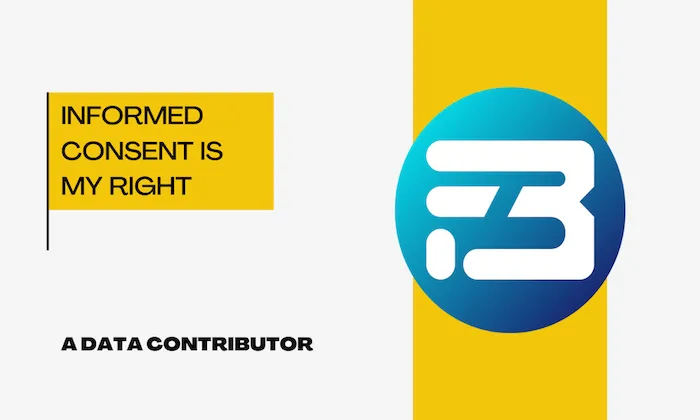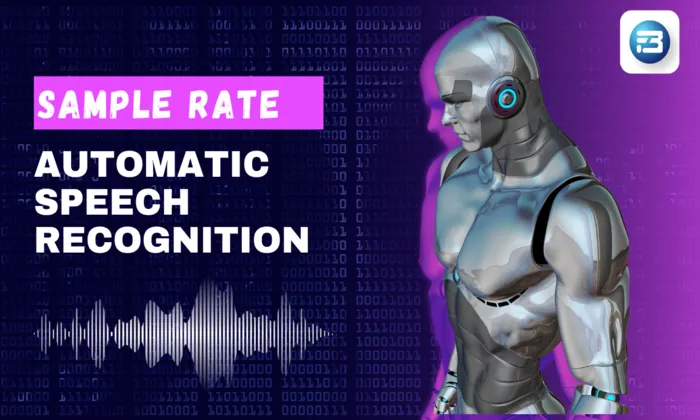What is ethical data sourcing in voice AI?
Data Sourcing
Privacy
Voice AI
Ethical data sourcing in voice AI is about collecting and managing voice data in a way that respects individual rights and privacy. This practice is essential for the development of technologies like automatic speech recognition (ASR) and text-to-speech (TTS) systems, which rely on vast amounts of data. As voice AI becomes more common in our daily lives, ethical data practices are crucial not only to meet legal obligations but also to uphold moral standards.
Defining Ethical Data Sourcing in Voice AI
Ethical data sourcing involves obtaining voice data transparently, with consent, and responsibly. This means informing contributors about how their data will be used and ensuring their consent before collection. It also requires robust data protection measures to store, process, and share data securely. FutureBeeAI, as a leader in AI data solutions, exemplifies these principles through its comprehensive data services, ensuring high-quality and ethically sourced datasets for AI model training and evaluation.
Importance of Ethical Data Sourcing
- Building trust: Ethical practices build trust between developers and users. When people know their data is handled responsibly, they are more likely to engage with voice AI technologies.
- Bias mitigation in AI models: Ethically sourced data helps prevent biases in AI systems. By ensuring diversity in datasets, developers can create models that understand various accents, dialects, and demographics.
- Data privacy laws compliance: Adhering to ethical standards helps organizations comply with legal frameworks such as GDPR and HIPAA, avoiding legal liabilities and protecting reputations.
- Enhancing model performance: Diverse and ethically sourced datasets improve model performance, enabling AI systems to respond accurately to a wider range of voices and speaking styles.
Key Steps for Ethical Data Sourcing
1. Informed Consent: Contributors must understand how their data will be used, who will access it, and the implications of its use. Clear consent forms are essential for this process.
2. Diversity and Representation: Achieving diversity in voice data is crucial. This involves recruiting contributors from various backgrounds, including different ages, ethnicities, genders, and regions, to create inclusive datasets.
3. Data Protection in Voice AI: Strong data security measures, such as encryption and access controls, are vital to protect data from unauthorized access. FutureBeeAI prioritizes privacy and security in all its operations.
4. Transparency and Accountability: Organizations should be transparent about their data sourcing practices, including collection methods and data use, to maintain credibility and accountability.
Trade-offs in Ethical Data Sourcing
While ethical data sourcing is essential, it requires balancing several factors. For instance, capturing a diverse dataset might extend project timelines. Adhering strictly to ethical guidelines may limit data collection compared to less scrupulous methods. Organizations must weigh these trade-offs carefully, aligning ethical considerations with practical needs.
Pitfalls to Avoid in Ethical Data Sourcing
- Assuming consent: Explicit consent is crucial. Assuming contributors understand data use implications can lead to ethical breaches.
- Lack of diversity: Prioritizing convenience over inclusivity results in unrepresentative datasets, hindering AI performance.
- Ignoring legal frameworks: Staying updated on data privacy laws is essential to avoid non-compliance and legal consequences.
- Inadequate data security: Failing to protect data can lead to breaches and loss of user trust.
Best Practices for Ethical Data Sourcing
- Develop robust consent processes: Ensure contributors understand their rights and data usage implications.
- Prioritize diversity: Actively seek a diverse range of contributors for inclusive datasets.
- Stay informed on compliance: Regularly review and adapt to legal and regulatory developments.
- Implement strong security measures: Invest in data security technologies to protect information and build trust.
By embedding ethical data sourcing into their practices, organizations can enhance their voice AI systems' quality and contribute positively to the broader data ethics conversation. FutureBeeAI exemplifies these best practices, positioning itself as a trusted partner in AI data solutions.
FAQs
Q. What are the legal implications of unethical data sourcing in voice AI?
A. Unethical data sourcing can result in fines and legal actions, particularly if privacy laws like GDPR or HIPAA are violated. It can also damage an organization's reputation and erode user trust.
Q. How can organizations ensure diversity in their voice datasets?
A. To ensure diversity, organizations must actively recruit contributors from various backgrounds and demographics, implementing quotas for gender, age, and regional representation during speech data collection.
What Else Do People Ask?
Related AI Articles
Browse Matching Datasets
Acquiring high-quality AI datasets has never been easier!!!
Get in touch with our AI data expert now!








